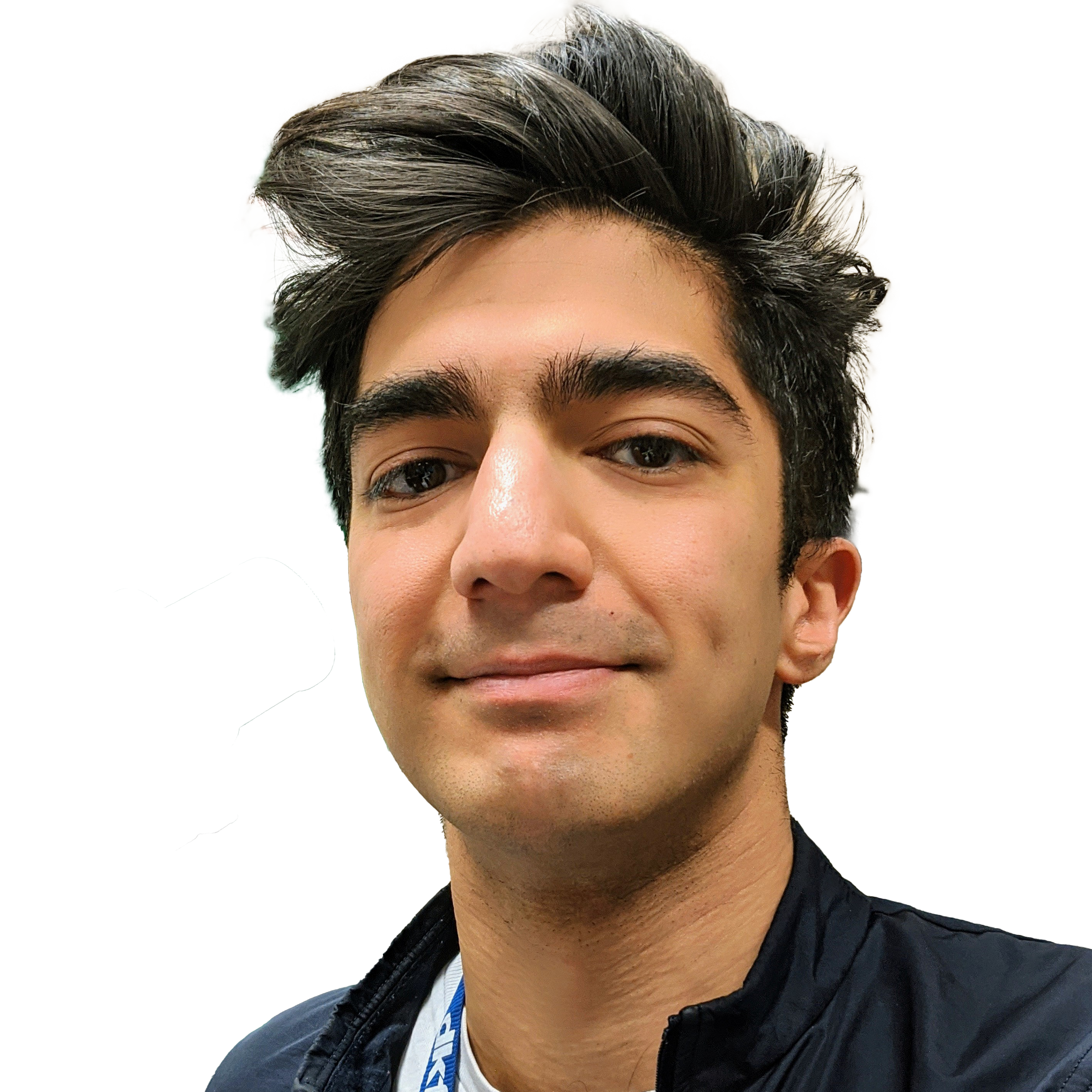Tomorrow, Dr Amit Sud, winner of the 2025 Graham Bull Prize in Clinical Science will deliver the Goulstonian Lecture during Med+ 2025, at the Regent’s Park home of the Royal College of Physicians (RCP). Here he discusses his award-winning work to shape the future of cancer care.
A central theme of my work has been understanding the genetic basis of cancer and exploring how this knowledge can be used to improve patient care. From the outset, I have aimed to bring together epidemiology, genomics, and single-cell biology across different cancer types, with the aim of informing personalised care.
During my Cancer Research UK PhD fellowship, I studied inherited genetic factors influencing the risk of haematological cancers. Large-scale studies revealed more than 20 associated genetic variants, supporting a polygenic basis of risk and providing new biological insights. This work formed the basis of my RCP Warwick Turner Lecture. More broadly, genome-wide association studies have now identified thousands of variants that influence cancer risk, offering insights into inherited susceptibility, environmental interactions, cancer biology, and opportunities for drug discovery.
As a visiting fellow at the German Cancer Research Centre (DKFZ), I worked with population-scale data to understand familial risk, second primary cancers, and long-term outcomes in survivors. This highlighted how inherited and treatment-related factors shape cancer risk across the lifespan. More widely, large epidemiological cohorts remain invaluable for linking genetics with clinical outcomes and guiding strategies for surveillance, survivorship, and public health.
During my NIHR academic clinical lectureship, my research focused on the role of somatic mutations in shaping cancer behaviour. Contributions to large sequencing initiatives, including the 100,000 Genomes Project, helped uncover new cancer genes and mutational signatures, providing insight into the processes that drive tumour evolution. As part of a RCP Whitney-Wood Scholarship I investigated how both germline and somatic genetic insights could be applied directly in patient care, including the use of risk scores in screening and the potential of genetics in drug discovery. More broadly, efforts to integrate risk prediction into health systems continue to raise important questions about how best to reshape cancer screening and prevention programmes.
Now, as a Wellcome Trust fellow jointly based at the Dana-Farber Cancer Institute and the University of Oxford, my focus is on the immune system’s interaction with cancer. I am implementing new single-cell and spatial technologies to map the relationship between tumour cells and T-cells, with the ultimate goal of informing personalised immunotherapies.
Much of this work centres on the promise of precision oncology – using the unique molecular features of each person’s cancer to guide care. While progress has been substantial, challenges remain. Genetic profiling offers powerful opportunities for prevention, early detection, and treatment, but its integration into healthcare must be approached thoughtfully, balancing promise with limitations. More widely, precision oncology continues to evolve as a global effort, requiring collaboration between policymakers, healthcare professionals, scientists, patients, and the public to ensure advances benefit all.
I am deeply grateful to the patients and their families who make this research possible, as well as to the colleagues, mentors, and funders whose support and collaboration continue to shape and inspire this work.
Read our February 2025 Commentary interview with Dr Amit Sud.
Are you an RCP fellow or member? Check out these funding opportunities and awards
- The 2026 Graham Bull Prize in Clinical Science will open for applications in early 2026.
- The 2027–28 Turner Warwick lecturer scheme will open for applications in spring 2027.






